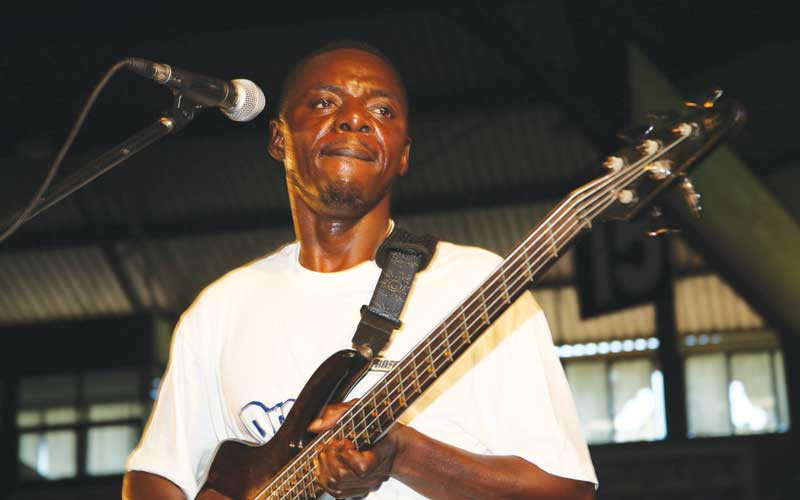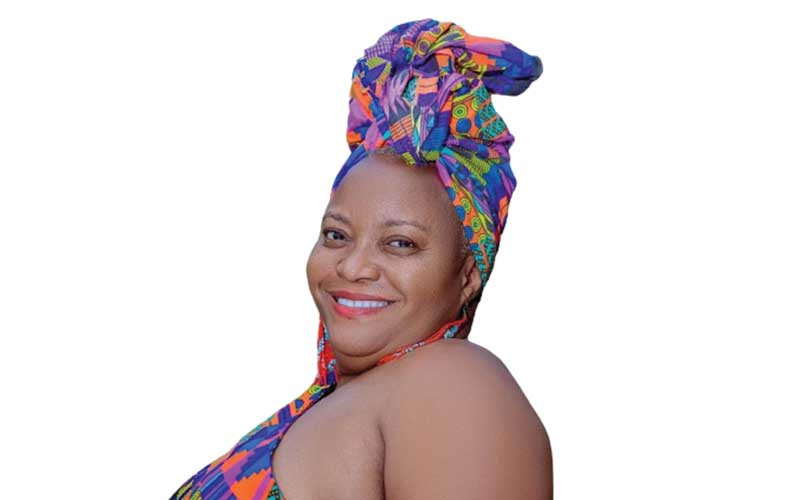
A FEW years ago, I was introduced to the writings of Francine Rivers. I found her novels — Redeeming Love, The Scarlet Thread, Lineage of Grace and the Lion Mark series — deeply moving.
BETWEEN THE LINES WITH PHILLIP CHIDAVAENZI
She has a way of beautifully blending themes drawn from her faith into her art.
It has always been my desire that on the local literary scene, we would also have such writers: good novelists who are able to tell a convincing Christian story without being preachy.
I was therefore delighted when Tsungi Chiwara’s debut novel, Reflections of the Heart (A Story of Hope), landed on my desk like an answer to a long–forgotten prayer. It is the book that gets us off in this new literature column that will be coming to you once every week.
The first thing that strikes you when you see Chiwara’s book is the cover. Colourful and glossy, it is an invitation. I commend her for taking her time to ensure that the quality of the book is beyond reproach. Of course, we always say not to judge a book by its cover, but we also have to be mindful that first impressions matter!
Here, Chiwara tells the story of a black teenage girl, Kuitakwashe, whose life bridges the pre- and post-independence periods in Zimbabwe. The story traces Kui’s life from the time she started school and how she had to resolve so many intrapersonal and interpersonal conflicts up to the time she attempts to commit suicide over a lost boyfriend.
Although she is a self–proclaimed atheist when the story begins, she is forced to confront her lack of belief in God and eventually invites Jesus Christ into her heart in a move that consequently gives her life a meaning.
- Chamisa under fire over US$120K donation
- Mavhunga puts DeMbare into Chibuku quarterfinals
- Pension funds bet on Cabora Bassa oilfields
- Councils defy govt fire tender directive
Keep Reading
As one reads the book, the temptation is strong to conclude that it’s not well–written in the proper sense as it does not conform to any traditional literary form that celebrates the unrestrained use of conventional symbolism and imagery.
Nevertheless, it would be folly to dismiss this literary work on that basis because Chiwara’s writing cannot be faulted. This is a story that flows beautifully and — though primarily targeted at the teenage group — cuts across the age groups to appeal to adults.
Chiwara has also done well in sidestepping a major pitfall in this kind of writing. Her story does not read like some spiritual pamphlet of “holier–than-thou” Christians living happily ever after in Paradise. She, however, blends her gospel message with widely recognised storytelling techniques, giving it an engaging quality so much that putting down the book before you’re through becomes a struggle.
In fact, the story has that innate quality to drag you along right to the end!
There are several characters that are bound to remain lingering in your presence long after you have put the book down. Kui’s father, Mr Mtetwa, is one such interesting, convincing character. He produces echoes that go far and wide.
And if you have read Tsitsi Dangarembga’s Nervous Conditions (1988), Mr Mtetwa would rekindle your memories of Babamukuru. Nervous Conditions was the first novel to be published in English by a black Zimbabwean woman. In 1989, it won Dangarembga the African section of the Commonwealth Writers Prize.
Mr Mtetwa is the prototype of the traditional African patriarch who shuns sentimentality and the idea of being friends with his children. He is portrayed as some domineering, overbearing disciplinarian. Somehow, you understand and even sympathise with him because he is hewn in the traditional milieu that make him as such.
In a way, Reflections of the Heart allows Chiwara to experiment with style, and this gives the book a deeper dimension. We encounter the epistolary style through Kui’s diary entries. Through this literary device, the reader is privileged to have a glimpse into Kui’s heart and share her innermost feelings in the way the author — through the dominant narrative style — would not have been able to do.
For instance, this allows us to appreciate that Kui’s pursuit of a love affair with the “Casanova” character Max, and Kui’s subsequent suicide attempt, are fundamentally a cry for attention — particularly from her father whom the author demonstrates is typical of the African father who “exalts” the boychild at the expense of the girlchild.
The socio–cultural and economic placing of the woman in a society that panders to the dictates of the patriarchal society is worth noting here. This is a theme that some of the country’s finest writers in the feminist literary discourse — Yvonne Vera (the late), Lillian Masitera and Spiwe Mahachi–Harper — have extensively dealt with in their literary works.
Like the characters Tambu and Nyasha in Dangarembga’s Nervous Conditions, at another level, this is a story of a young woman seeking to establish her identity in a culture that would otherwise have her remain silent and anonymous.
Aunty Celine is introduced in the story at a critical moment in Kui’s life. She has just survived a suicide attempt and is seeking meaning and purpose in life. When Aunty Celine moves into the house, she does not just bring along her bags. She brings God, too. And consequently, Kui hesitantly begins to know about this God until she is fully hooked.
After she attends the first church service at Aunty Celine’s Pentecostal church, it appears that it represents everything holy and good, until she comes across widespread rumour–mongering and learns that Aunty Celine, despite her encyclopaedic knowledge of the Bible, is battling a smoking addiction.
The lesson hits home and hits hard: “You needed to see that everyone is infallible . . . Absolutely no one is perfect, Christian or not” (pp223).
In her own experience, Kui quickly learns that Christianity is not a magic wand that immediately transforms one’s life into some kind of paradise on earth. This is one book any lover of contemporary Zimbabwean literature must have in their bookshelf.
Feedback: [email protected]











